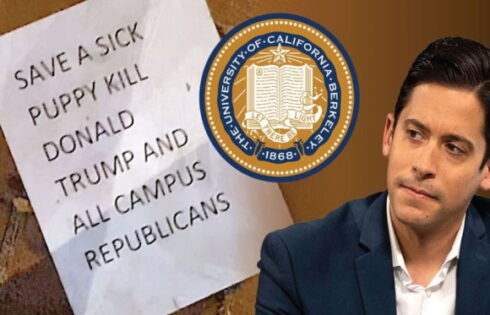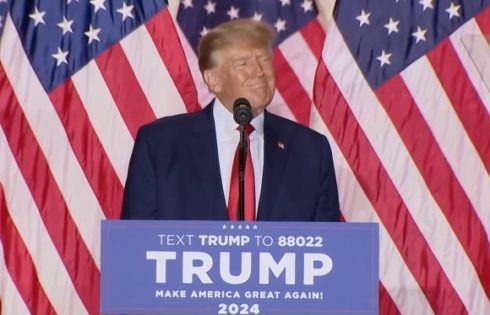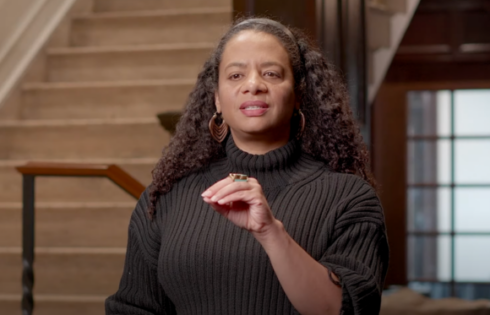Shortly after the massacre in Sutherland Springs, Texas, Drexel’s notorious “white genocide” professor, George Ciccariello-Maher, asked “What is happening with regard to not only white people, but white men, in particular?”
“Whiteness,” the prof said, “is never seen as a cause, in and of itself, of these kinds of massacres, of other forms of violence, despite the fact that whiteness is a structure of privilege and it’s a structure of power, and a structure that, when it feels threatened, you know, lashes out. And so, that’s the kind of thing that we really need to think about …”
Balderdash, says Jesse Singal in New York Magazine. Ciccariello-Maher’s claims, as well of those of similar belief, are “extremely inaccurate, overly reductive, and misleading approach to a serious societal problem,” Singal says.
At the most basic level, they should stop making it because it stands on a very rickety foundation. It isn’t even clear that whites do commit mass shootings in quantities disproportionate to their overall demographic representation. Engber, an adept detective when it comes to evaluating social-scientific ideas, made a strong case in his piece that this is simply a “myth” that sprang forth after James Holmes committed the Aurora movie-theater massacre, in 2012. According to him, there’s just no evidence this is true — it isn’t even clear where the idea comes from, exactly. And if whites don’t commit a disproportionate percentage of mass shootings anyway, it makes little sense to posit whiteness as a meaningful causal factor worth examining on its own.
Worse, by invoking a general concept of “whiteness” for incidents involving Caucasians, Ciccariello-Maher and others open the door to “the pernicious idea that blackness can explain such behavior on the part of blacks”:
What all these ideas about black crime have in common is that they essentialize — they claim that acts of violence can be explained, in a meaningful way, by the race of the perpetrator: Black people are like this, and white people are not, which is why blacks commit more crimes.Ciccariello-Maher is making an argument of this same form, but swapping out one race for another: White people are entitled [or whatever] in a way members of other races are not, which can explain why they shoot up churches and concerts.
Now, whiteness-violence arguments certainly aren’t as damaging, and don’t have the historical baggage and body count, of blackness-violence arguments. It would be silly to argue that Ciccariello-Maher’s view is “racist” in the same way as, say, Shaler’s views were. But that doesn’t make theories about whiteness-violence any more intelligent or helpful. Whiteness-violence arguments, too, take a very complicated question — who commits crimes and why — and shaves down that question’s complexity until all that is left is the identity of the perpetrator.
It isn’t just that these “explanations” don’t, in fact, explain everything. They also fail on an important rhetorical level by reopening the door to the same harmfully reductive arguments about crime that progressives and minority scholars and activists have done so much work to tear down. Implicit in Ciccariello-Maher’s argument is that if one group commits a disproportionate percentage of a certain type of crime, it’s reasonable to assume that something essential about that group can explain what’s going on.
Like The College Fix on Facebook / Follow us on Twitter




Add to the Discussion